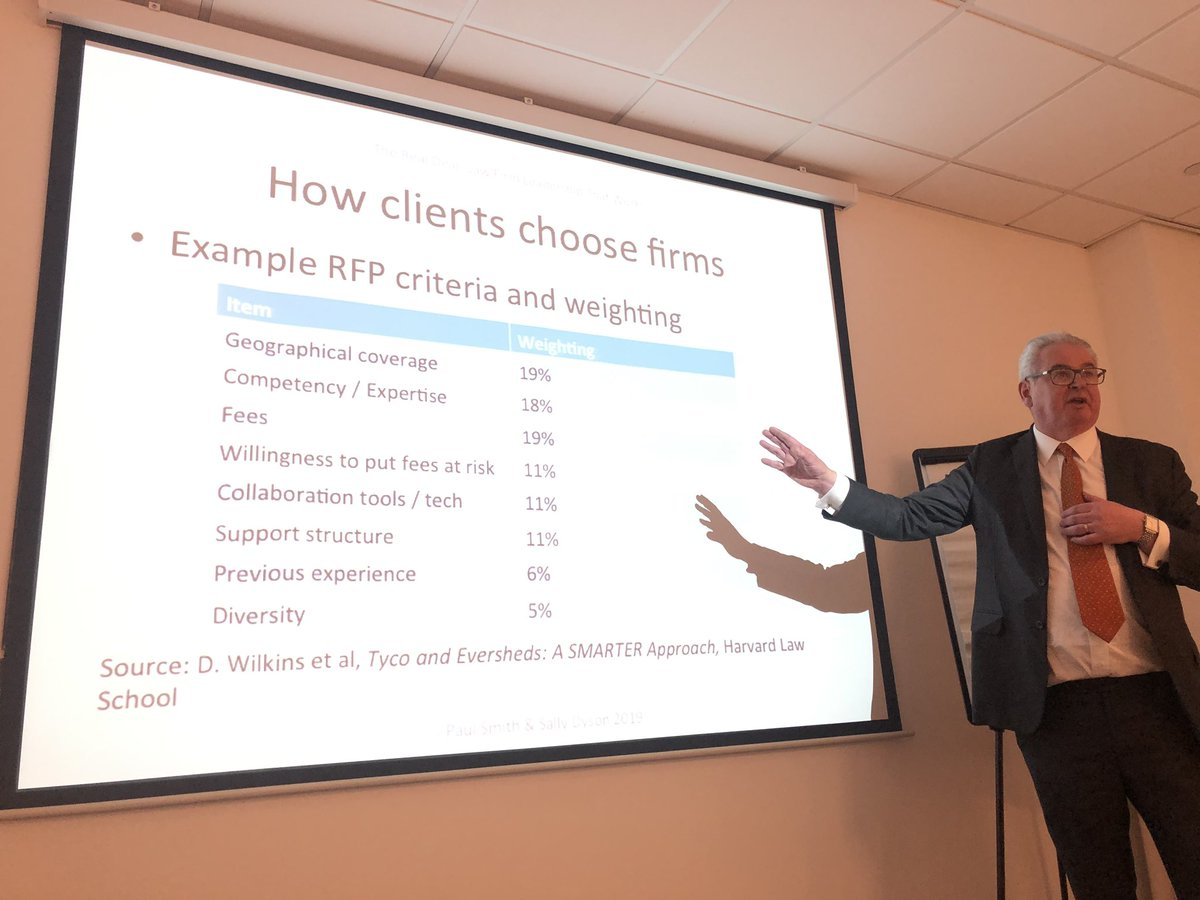At a typically excellent event for PSMG, speakers at the annual conference delved into Professional Services and the Fourth Industrial Revolution. I decided to summarise my key takeaways into several points below:
1. Robots, Automation & AI are here, but not to take over the world
The day was opened up by Michael Hobday (GM at IBM Automation) who blew everyone's minds with a presentation which covered Automation, Machine Intelligence/Learning as well as the catchphrase on everyone's tongue, Artificial Intelligence.
Contrary to the populist opinion, he didn't see "robots taking over the world" but rather freeing up most workers from "routine" - tasks which are uniform and repeatable e.g. scanning thousands of documents for information is one task which most lawyers will be glad to see the back of.

Michael's talk followed the lines of routine vs creativity: Let humans do the things where they truly can add value, whilst inanimate objects and processes can take over the things in life which are devoid of real soul.
2. Is the Professional Services partnership model fit for purpose?
In a viewpoint shared by many, it was posited by Michael that one of the biggest impediments to the advancement of the professional services sector was the core operating model on which it was built: partnerships.
Much like any political parties or social enterprises there comes a time when the reason why the organisation was established starts to become replaced by a desire to perpetuate its own existence.
Michael Hobday reminded us that the original purpose of partnerships was two-fold: Firstly, to divide the risk of operating as a business. Secondly, to add more value to their clients by pooling together a range of experts in diverse areas of the law.
However, with the rapid expansion of both the professional services firms and the industry itself, the partnerships have expanded to such an extent that they don't resemble the small firms they first were intended to be. Moreover, if the partners are motivated primarily by their take-home pay at the end of each financial year, it becomes a bit harder to plan for the long-term.
3. Change & Uncertainty require a new, more agile way of working
The second presentation of the day was by Cohaesus (a digital agency) who did a wonderful job following up Michael's presentation by highlighting the ever-dwindling lifespan of Fortune 500 companies, from over 60 years in the 1960s to less than 20 in 2019.
Change is coming in the forms of political unrest, unprecedented technological change & a workforce which is growing more mobile and less loyal than ever before. As such, organisations which are built for change and are planning ahead have the greatest opportunity to succeed in these turbulent times.
4. What you think is important to your clients vs what actually is
I attended a truly excellent workshop led by Sally Dyson (Director, Firm Sense) and Paul Smith (Partner, Eversheds) on How To Sell Professional Services. One of the most enlightening points was the below image, shared by Paul, as to how clients choose their professional services partners. He stressed that most firms believe it all centres around their competency/expertise, as well as the proposed fees, but they are dependent on so much more.

Moreover, it was highlighted that what your clients say is most important, may not be what is actually most important. We talked about the usual factors: reliability, responsiveness, attention to detail etc., but actually, felt that "constructive tension" - the essence of educating your customer on their industry and adding real insight to the relationship - was more important than merely, wining & dining once per quarter.
5. Adding value to your clients' clients
Related to the last point, every action should be taken not because you think it's a good idea, but because it will demonstrably add value to your clients and make their business lives easier.
Technology was highlighted as a good example on this point. With the amount of tech available, we agreed that the most important factor is implementing technology which benefits your clients' clients. If they get something from it (e.g. you communicate more effectively with them or can save them time), then this is the real win.
6. Innovation vs Risk-Aversion
Professional services is built upon mitigating risk for clients. Stuart Whittle of Weightmans really called into question the professional services model as the appropriate model for facilitating long-term strategic thinking combined with agile day-to-day operations.
Moreover, in a one-liner which brought the house down, he stated that "Innovation in law firms is like teenage relationships: everyone is talking about it but very few are actually doing it." He stated that lawyers don't like to fail whereas, in agile businesses, their success is built upon the hundreds of mistakes they make along the way, learning from each one to produce a much more robust end product or service. Lawyers have to get comfortable not succeeding.





/Passle/53d0c8edb00e7e0540c9b34b/MediaLibrary/Images/2025-06-24-15-50-59-531-685ac963d81bf11b7522dd8e.png)
/Passle/53d0c8edb00e7e0540c9b34b/MediaLibrary/Images/2026-01-26-00-33-49-963-6976b66dc26ba4a239c0742b.jpg)
/Passle/53d0c8edb00e7e0540c9b34b/MediaLibrary/Images/2026-02-05-19-17-38-445-6984ecd2d522dbbaed5fa13c.png)
/Passle/53d0c8edb00e7e0540c9b34b/MediaLibrary/Images/2026-02-04-15-05-10-466-69836026ae0e4cf738ed4f9f.png)
/Passle/53d0c8edb00e7e0540c9b34b/MediaLibrary/Images/2026-02-01-16-17-51-126-697f7cafc6793e6990c55114.JPG)



